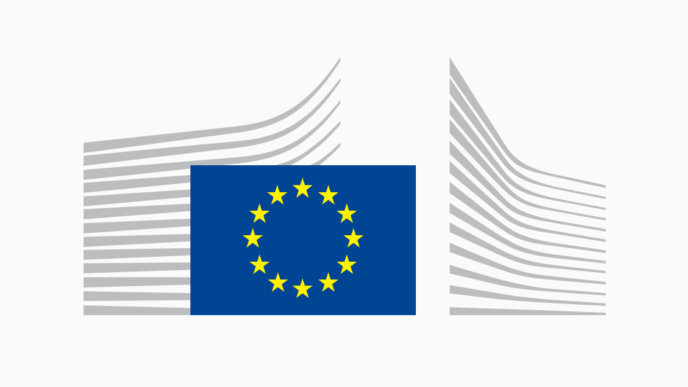Today, the European Commission decided to refer Sweden to the Court of Justice of the European Union for failing to comply with the principle of freedom to provide services under Article 56 of the TFEU and Article 36 of the EEA Agreement.
Swedish clients paying for work carried out by contractors established in other EU or EEA countries are obliged to withhold a preliminary income tax at a rate of 30% on the remunerations paid to contractors unless these have been approved by the Swedish tax authority (commonly known as ‘F-tax approval’). The Commission deems that such an obligation to withhold preliminary income tax by Swedish clients in situations where foreign contractors have no Swedish permanent establishments- and hence no income tax liability in Sweden- infringes the freedom to provide services.
The Commission sent Sweden a letter of formal notice and a reasoned opinion in July 2023 and in May 2024, respectively, asking the Swedish authorities to clarify how they intend to remedy the incompatibility of the Swedish rules with EU law. The Commission considers that efforts by the authorities have, to date, been insufficient and is therefore referring Sweden to the Court of Justice of the European Union.
Background
Following legislative changes introduced as of 2021, Swedish clients paying for work carried out by contractors established in other EU or EEA countries without Swedish permanent establishments (PEs) are obliged to withhold a preliminary income tax at a rate of 30% on the relevant remunerations, unless the foreign contractors have, in advance of the payment, been approved by the Swedish tax authority for preliminary income tax purposes (commonly termed as ‘F-tax approval’). The obligation to withhold preliminary income tax only concerns payments for work carried out in Sweden. However, the scope of the notion “work carried out in Sweden” also encompasses work that takes place abroad if it is carried out “within the framework of the client’s activity in Sweden”. For the latter type of work, “F tax approval” is not legally possible. There is also no threshold as regards the scale or duration of the work that will trigger the obligation to withhold preliminary income tax.
As the remunerations for work/services paid by Swedish clients to the foreign contractors without a PE in Sweden are generally not taxable in their hands in Sweden, the preliminary taxes withheld are upon request of the foreign contractors refunded to them once the tax administration has taken a decision on the final assessment. This is a lengthy process however and the refunding may take place as late as two years after the preliminary income tax was withheld, although it is generally clear from the outset that no Swedish tax was due because contractors without a PE in Sweden are not liable for Swedish income tax.
These national tax provisions can thus result in considerable cash-flow disadvantages for foreign contractors wishing to offer their services to Swedish clients and constitute a tax barrier to the internal market. In addition, the administrative steps that a foreign contractor is required to take to get F-tax approval and the time it takes for the Swedish tax administration to handle such requests represent, as such, an obstacle and hence restriction on the exercise of the freedom to provide services (see by analogy case C-290/04, FKP Scorpio, paragraph 56).
For More Information
Infringement decisions database
Infringement procedure Sweden (INFR(2023)4007)




